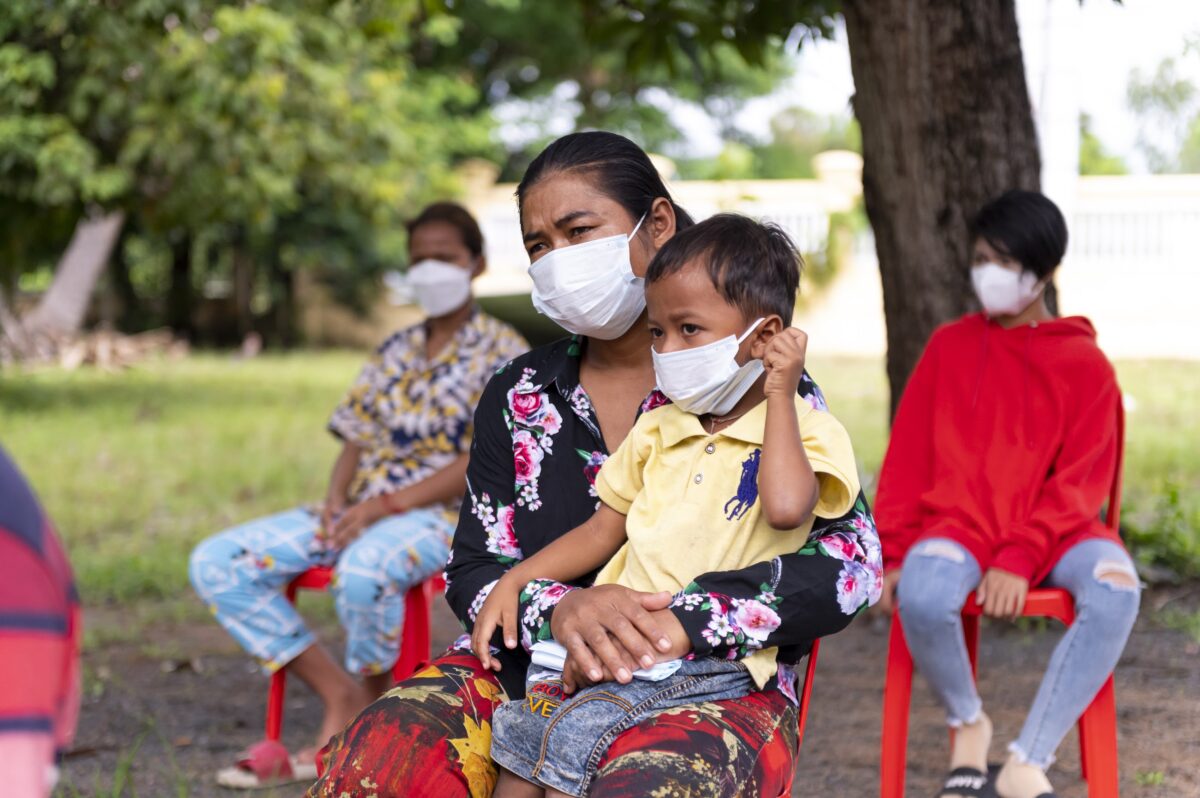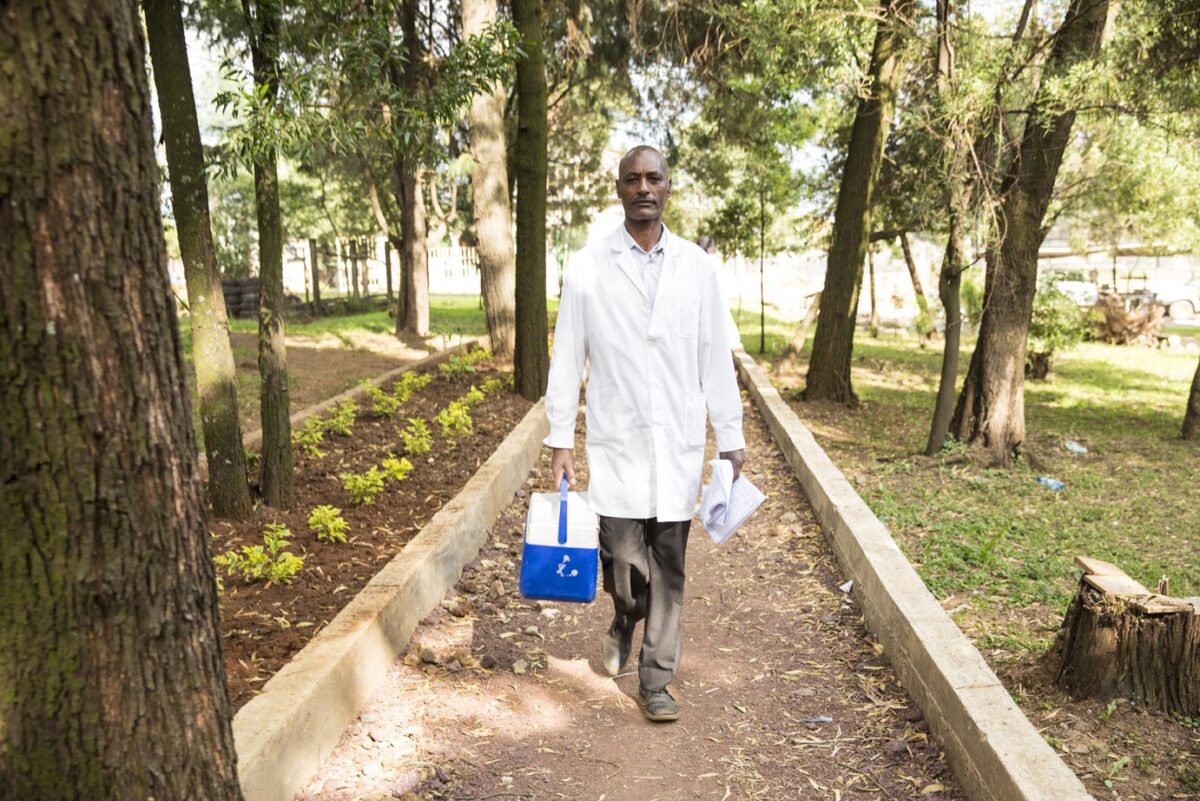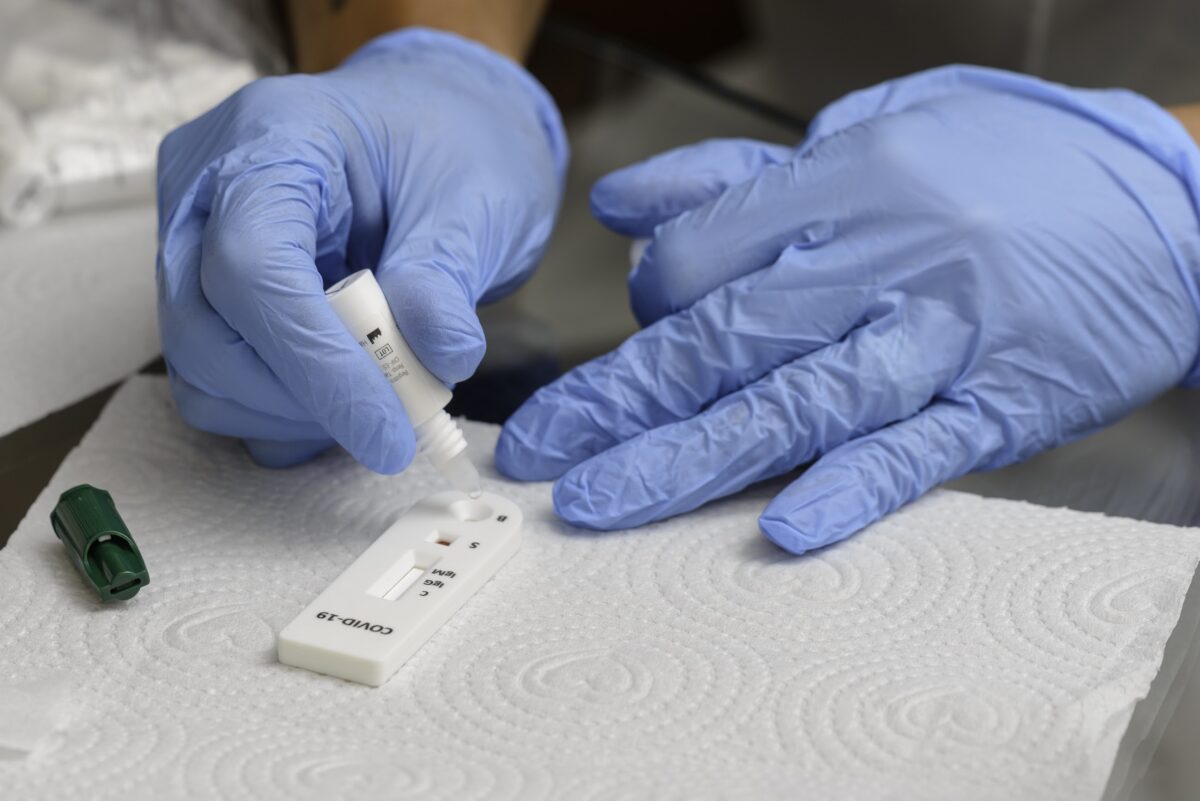The past 2 years, during which waves of severe acute respiratory syndrome coronavirus 2 (SARS-CoV-2) variants swept the globe, have starkly highlighted health disparities across nations. Tegally et al. show how the coordinated efforts of talented African scientists have in a short time made great contributions to pandemic surveillance and data gathering. Their efforts and initiatives have provided early warning that has likely benefited wealthier countries more than their own. Genomic surveillance identified the emergence of the highly transmissible Beta and Omicron variants and now the appearance of Omicron sublineages in Africa. However, it is imperative that technology transfer for diagnostics and vaccines, as well the logistic wherewithal to produce and deploy them, match the data-gathering effort. —CA




